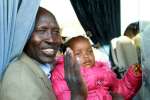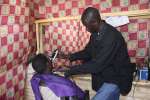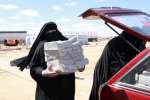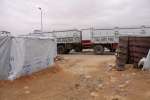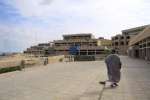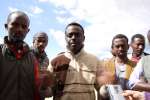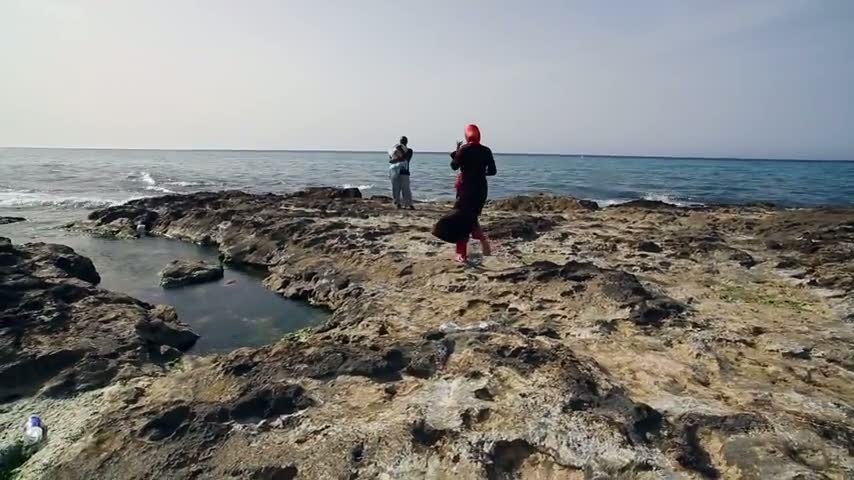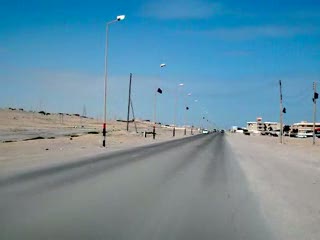- Text size
 |
|  |
|  |
| 
- عربي
UNHCR delivers medical aid to hospital in Benghazi
News Stories, 12 February 2015
TUNIS, Tunisia, February 12 (UNHCR) – The UN refugee agency has delivered urgently needed medicine and medical supplies to the eastern Libyan city of Benghazi, where fighting since last May has displaced up to 100,000 people.
Working with partners on the ground, UNHCR sent prepacked medicine and medical supplies to the Benghazi Medical Centre to treat some 20,000 people for three months. The aid, which was sent from Tripoli on Monday and arrived on Tuesday, will enable the hospital to treat patients with chronic medical illness such as diabetes, cardiovascular disease and epilepsy. The arrival of medical supplies will enable doctors to perform basic surgery.
Many internally displaced Libyans as well as refugees were suffering because of the lack of medical supplies in Benghazi, where nine months of fighting between rival groups has led to a significant deterioration in living conditions, according to UNHCR staff.
Only two hospitals remain open in Benghazi: the Benghazi Medical Centre and the Al-Jalal Hospital. Both face critical shortages in medicine and medical supplies as access to warehouses are blocked by the fighting. The hospitals are inundated with the sick and wounded. Patients seeking routine care must wait hours to receive primary health care treatment.
Meanwhile, many internally displaced people are no longer able to afford rent and increasing numbers of schools (currently about 45) are sheltering those who have nowhere else to turn. Host families are overstretched as their own resources have dwindled due to doubling of food, cooking oil and fuel prices.
People in many neighbourhoods, including refugees and asylum-seekers, report that they are stranded and unable to move. They are particularly vulnerable.
Responding to the humanitarian need in Benghazi is very challenging as access has been severely restricted due to the security situation. But UNHCR has in recent months distributed winter aid and non-food items to more than 28,000 vulnerable people in western cities and southern towns.
More aid is urgently needed in Benghazi, including food, mattresses, blankets and other non-food items. UNHCR calls on all parties to respect a ceasefire and allow humanitarian agencies unhindered access to people living in dangerous and hard to access areas so that they can provide life-saving assistance.


